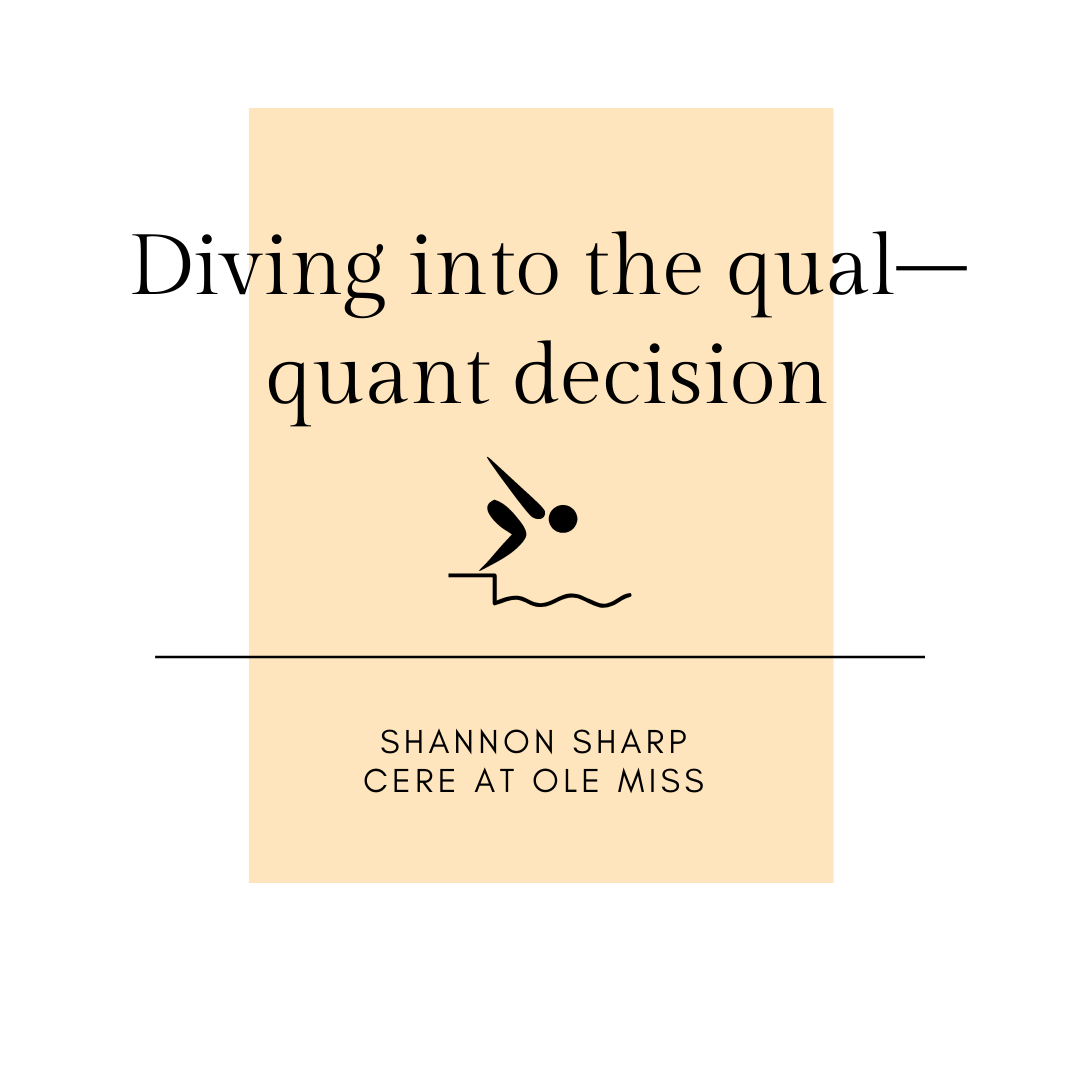
Values: Making the implicit explicit
Evaluators talk a lot about values. This makes sense. It is—quite literally—embedded into the name of our profession.
But in spite of all the talk, conversations about value don’t always make their way into what we do.
We tried to sort through some of the conversations about values to see what they might mean for us in practice.
The value conversations
The way we see it, evaluators seem to talk about values in two distinct ways, often without making this distinction clear.
Value conversation #1
This line of thinking derives from the work of Michael Scriven and Jane Davidson (among others). It says that evaluations need to be evaluative—that is, we need to make intentional, explicit, systematic value judgements that make clear how ‘good’ the thing we’re evaluating is. If we’re not doing that, we’re not doing evaluation.
Connected to this is the idea that evaluators do make value judgments—even if we think we’re not. Take, for example, recommendations. Many evaluators include recommendations as part of their work—offering suggestions for improvement or areas to focus on. Now, whenever we suggest opportunities for improvement, we’ve implicitly embedded a value judgment into what we’re saying (that is: X wasn’t so great; therefore, we need to improve X)—we’re necessarily making a value judgment even if we haven’t admitted it to ourselves.
Value conversation #1 says this line of reasoning should be explicit and systematic, rather than implicit and not-so-systematic.
Value conversation #2
The second value conversation is often framed around the questions ‘Whose values count? Whose values are—and should be—reflected in our evaluation work?’
This line of thinking says we should be thoughtful and intentional when we think about whose values to include (and exclude) as part of our evaluation process.
It says that if we take a program’s goals and objectives as our starting point, asking questions like Did Program X achieve its intended outcomes? we are implicitly adopting the values that underpin those goals and objectives as the criteria for what is good (and less-than-good) in our evaluation.
Intersecting conversations
Now, this is where these two conversations intersect: The standards and criteria we use to determine how ‘good’ our program is will be shaped by the people we work with (and what they value). Or, put differently: the people we include and exclude in early conversations about what counts as good will determine whose values are reflected in any judgments we form.
Their key message
Both conversations highlight the need to be explicit about the values that underpin the evaluation process—both in terms of how we assess what is good, and in determining whose voices count in defining what counts as good.
This seems to be the sticking point, and an issue at the heart of both conversation #1 and conversation #2.
So how can we make the implicit explicit?
Now, we don’t have all the answers here, but we have an idea. Here goes…
You know how people say that admitting you have a problem is the first step to overcoming it?
Well, asking yourself how you’re going to address the question of values might just be the first step to explicitly embedding value into e-value-ation.
Along this line of thinking, we suggest that asking (and answering) two key value questions might be the key to making values explicit in evaluation. Specifically:
- How will we decide what counts as good?
- Whose voice(s) will be heard as part of that process?
There are a multitude of ways one can answer these two questions, and we won’t delve into the options here. Melvin Mark, Gary Henry and George Julnes, for example, have a great chapter on Values Inquiry in their 2000 edition of Evaluation. Michael Scriven’s Key Evaluation Checklist also includes a section on values with a range of options to choose from.
Regardless of how you answer the questions, intentionally taking the time to talk through these questions with your team—and the documenting what you plan to do as a result of your conversations—may just be one small first step towards making the values conversations more explicit and intentional in our work.



